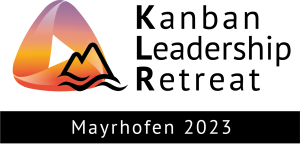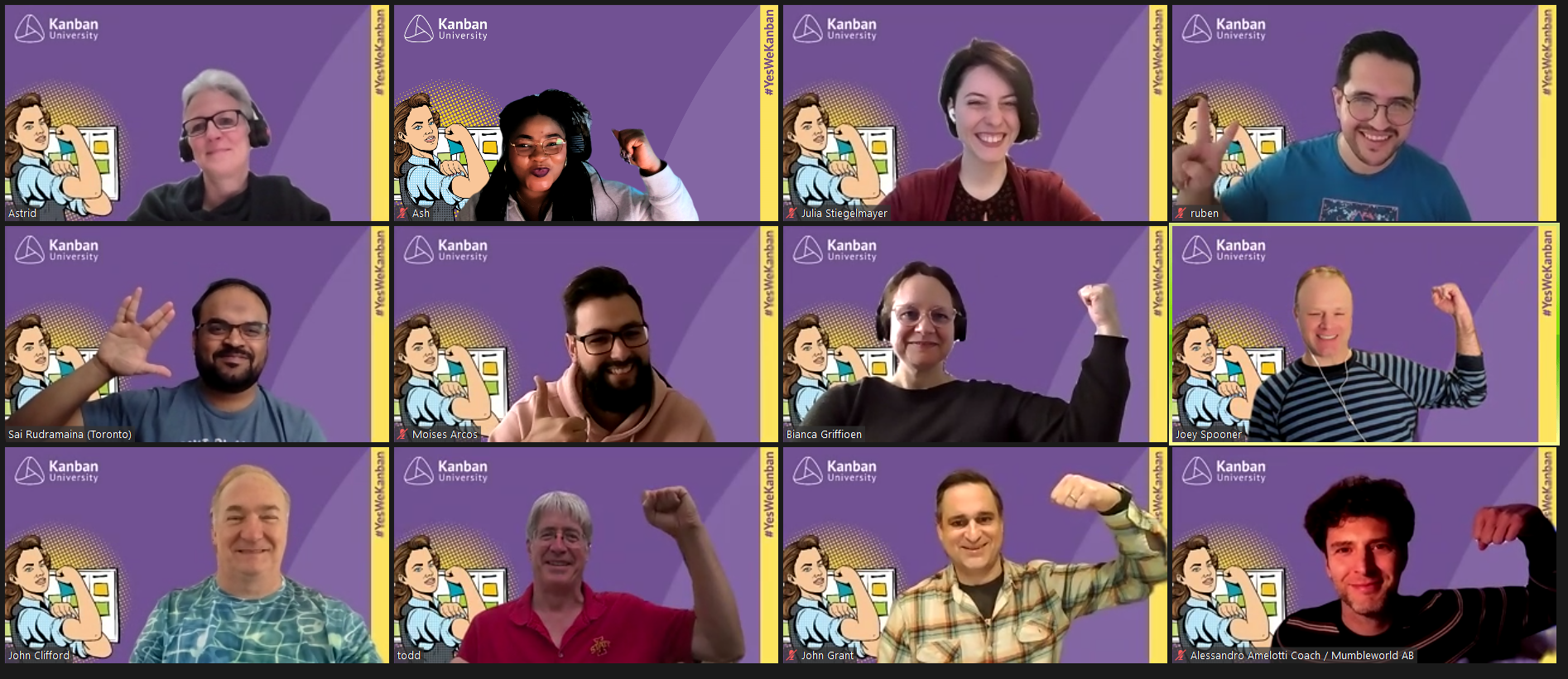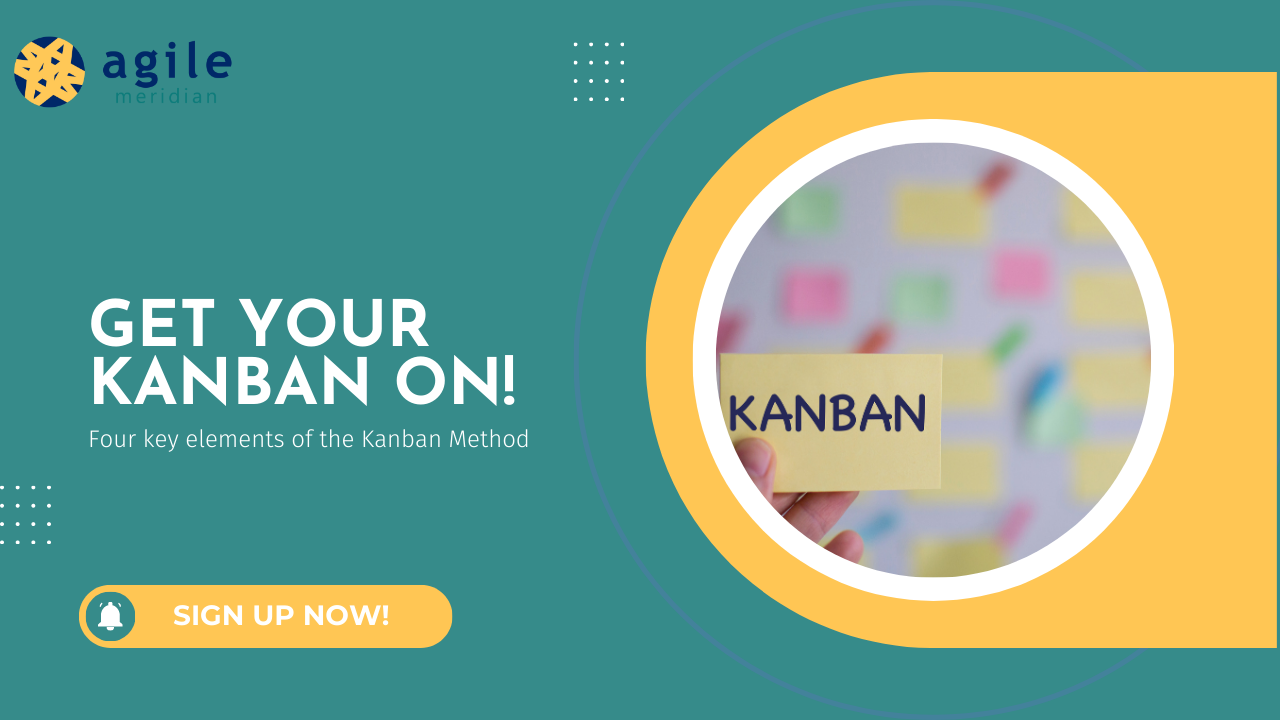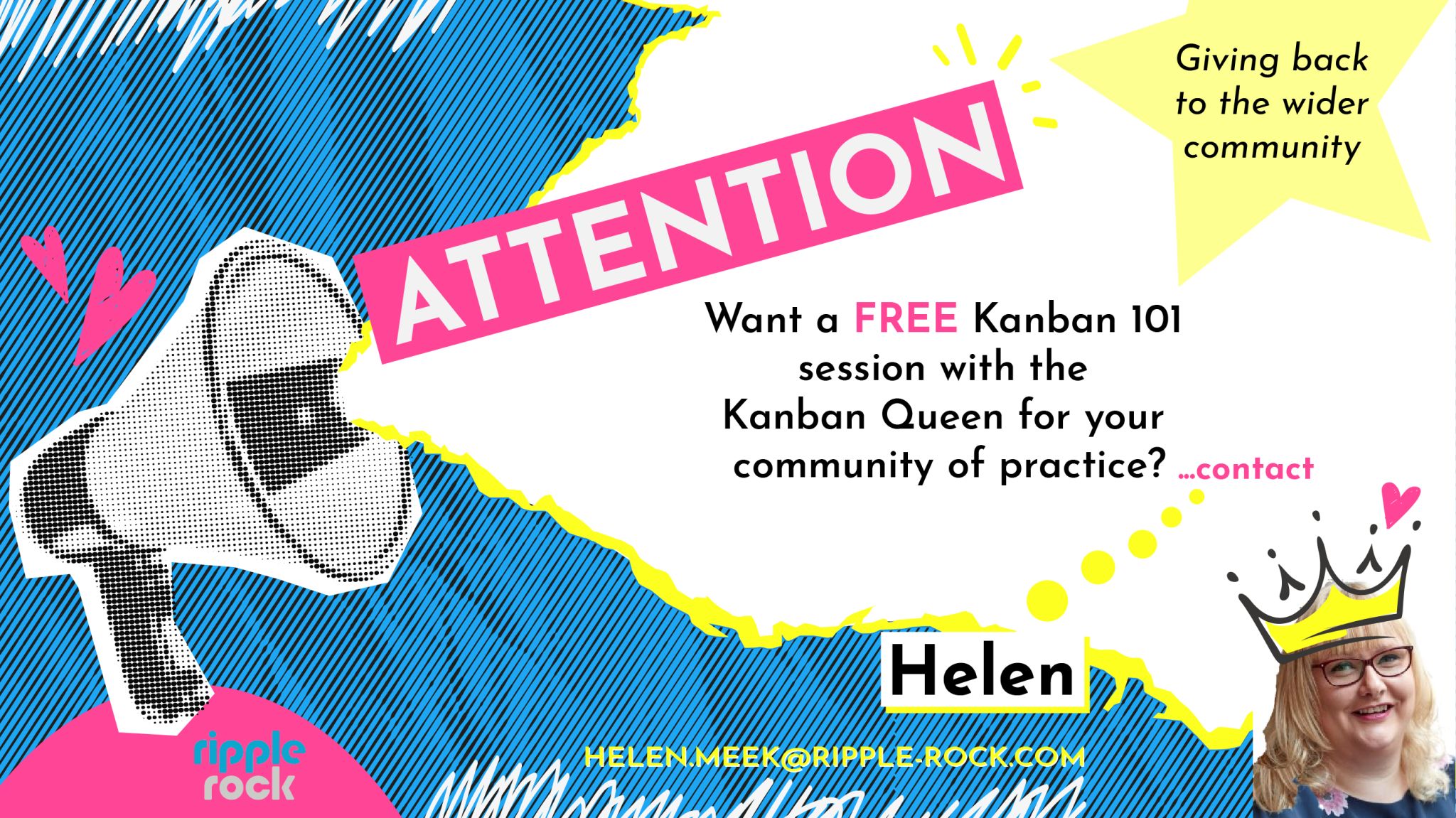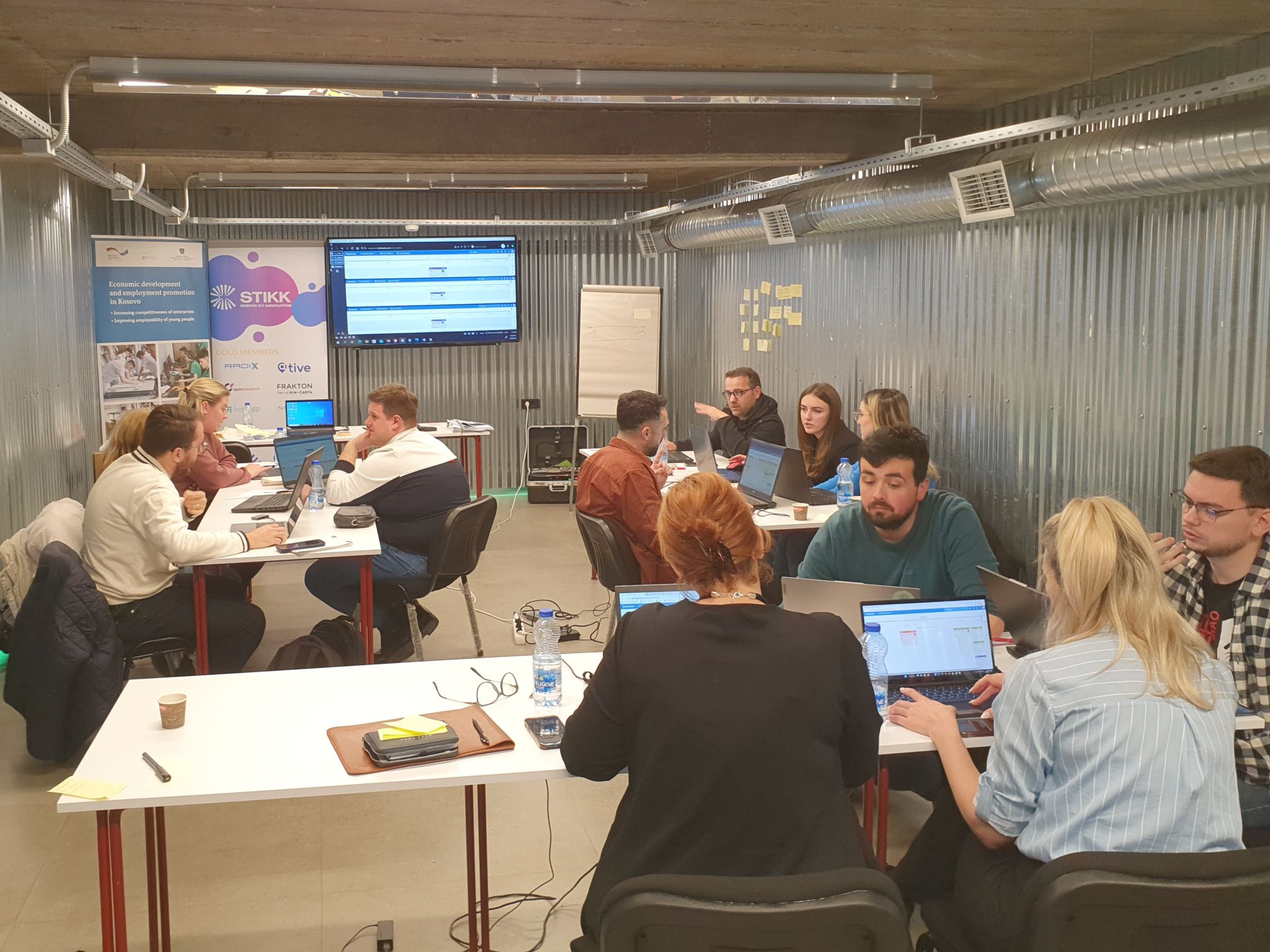What to Know About Lead Time and Why We Have Evolved Our Definition of Customer Lead Time
Lead time is a valuable tool when considering several avenues for how to improve the bottom line of your organization. Lead time is simple. It is the time from an identified point “A” until a later point “B” in the workflow.
Here’s a quick example. A team starts a task on a Monday and finishes it on a Friday, which means they spent five days on that task. The number of days is the lead time in this case. You could have measured this in hours, minutes, or seconds. You could also say it takes four days instead of five depending on how you count the difference. Either way, being consistent is key when using lead times.
The term “lead time” by itself does not provide clarity about what points “A” and “B” are. That is why it is always critical to qualify what you mean when you use lead time. The important thing about lead time is that once we understand the history of our lead time, we can make valuable decisions about things like service level expectations or about opportunities for improvement.
Let’s consider two coffee shops on opposite corners of the road. One manager, Sal, has focused on time from order to delivery to be quick and predictable for the customer. In this case, point “A” is at the order taker, and point “B” is the delivery of the order.
In the other coffee shop, the manager, Rosie, has studied the customers and discovered that most hate standing in an order queue and are much more tolerant of waiting for their order to be fulfilled while sitting at their table. This manager has decided that she wants to measure the time from the arrival in the queue (point “A”) until the order is requested (point “B”).
Lead Time |
Goal |
Start |
End |
| Sal’s lead time | Quick and predictable | The order taker | Delivery of the order to the customer |
| Rosie’s lead time | Avoid creating a queue | Arrival in line to request an order | When the order is requested |
Each of these lead times are valid and can be measured. In fact, someone might be interested in both lead times as well as other measures of the workflow. So what are some examples of how lead time can improve the bottom line for your organization?
Making Commitments to Customers That You Can Keep
The first step with lead time is to track it consistently so that you can better understand the current performance of your service delivery. If you have historically had lead times ranging from 2 days to 10 days with 85% of the lead times less than 8 days, you could confidently set a service level expectation of 8 days with an 85% confidence level.
Saving Money By Getting Work Delivered Faster
Long lead times can result in excess work in progress, increased holding costs of work that is yet to be delivered to customers, and potentially reduced cash flow. By reducing lead time, you can improve operational efficiency by reducing the amount of work in progress and its’ holding costs; thus, increasing cash flow.
Being More Fit Than Your Competition
By reducing lead time, you can gain a competitive advantage over your competitors. Customers are more likely to choose a business that can fulfill their orders quickly and efficiently.
If you want to know about how to use lead time to be more fit than your competition, we recommend you or one of your colleagues take a Fit for Purpose class.
What We Have Learned at Kanban University
Over the past 10 years, we’ve collaborated with great minds around lead time. We have found value in defining two common measurements of lead time which we call Customer Lead Time and System Lead Time.
Customer Lead Time
How We Have Evolved
As Kanban University has been training students for over 10 years, we’ve received feedback that the definition we introduce in Kanban System Design of customer lead time (from commitment point to delivery) was creating confusion due to other established definitions of customer lead time.
Many of the people indicated that their definition of customer lead time was from the point when the customer has made a request until they’ve received it. This is much like the earlier coffee shop example where one manager decides to measure from the point of when an order is requested until the point when an order is fulfilled.
We also reviewed publications from our community and discovered incongruent explanations of what we called customer lead time.
What We Found In Our Own Materials
When we reviewed or own materials, we found the following incongruent definitions.
Our Kanban System Design course, initially developed in 2011, defined customer lead time as the time from the point of commitment where the customer’s order is accepted by the service delivery group until the order is delivered to the customer.
Essential Kanban Condensed by Andy Carmichael and David J. Anderson defines customer lead time as “The time a customer waits for a work item. Typically, this is measured from the request for a service to the receipt of the service.” This is from page 49 of the book that was published in 2016.
Through our online reference, KMM.plus, which was released in 2019, we found customer lead time to be defined as “the time between receiving the customer’s request and delivering on it.”
What We Found On the Internet
When we reviewed customer lead time definitions online, we found the most commonly referenced and used definition was from Investopedia, which defines customer lead time as “the amount of time between when a customer places an order and when the customer receives the product.”
What We Have Decided To Do With Our Definition of Customer Lead Time
We further reflected on customer lead time and what it meant from the customer perspective. We decided that it was time to evolve our definition of customer lead time to match what is in common use today.
Customer lead time is the time between receiving the customer’s request and delivering on it.
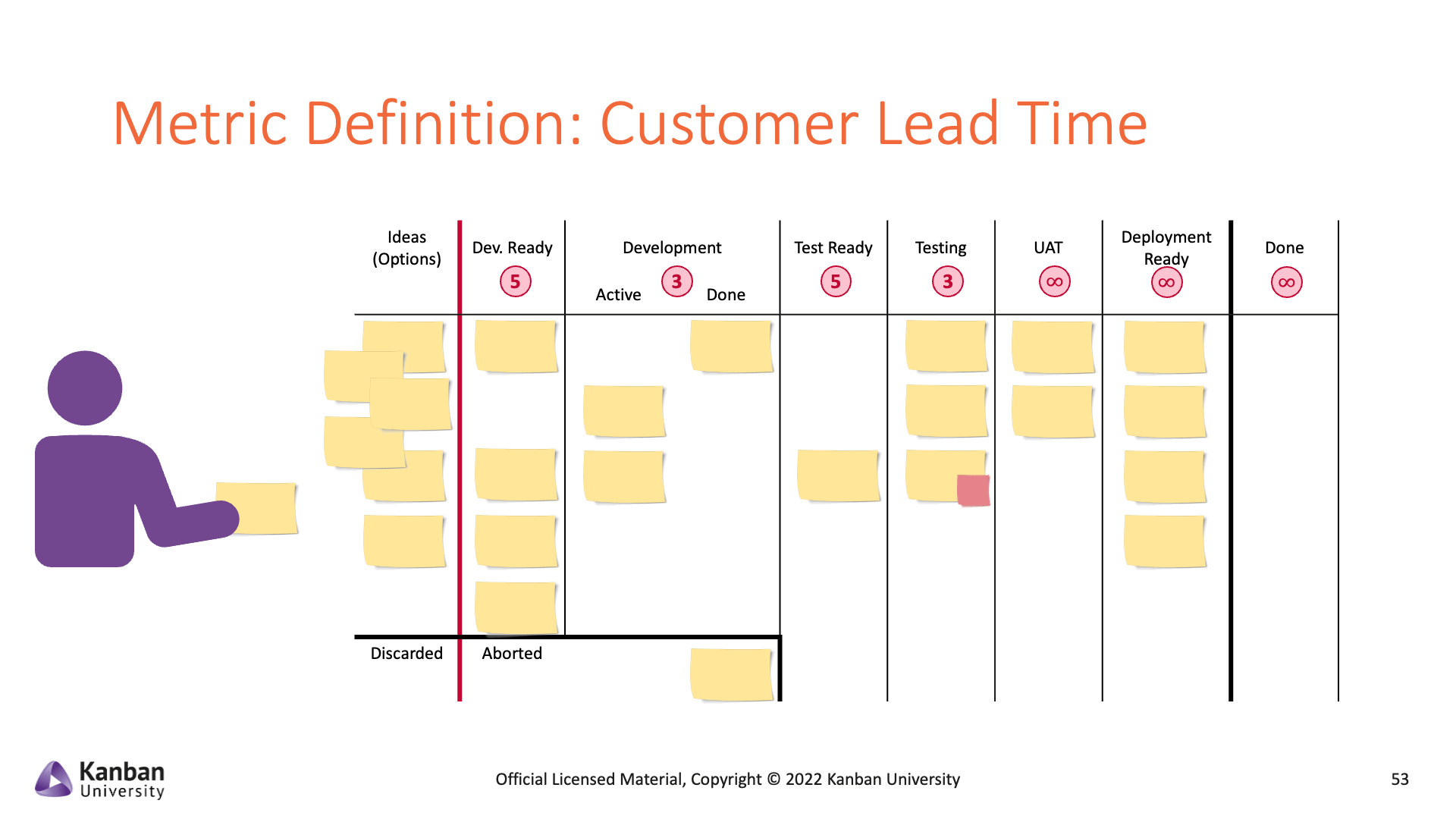
System Lead Time
We have not changed our definition of system lead time as this has not conflicted with other established definitions.
System lead time is the time it takes for a work item to move from a point of commitment to the first column on its Kanban board that is unbounded or has no work in progress limit.
This measurement is useful as we want to know how we can improve the time it takes for work to be delivered internally within our organization.
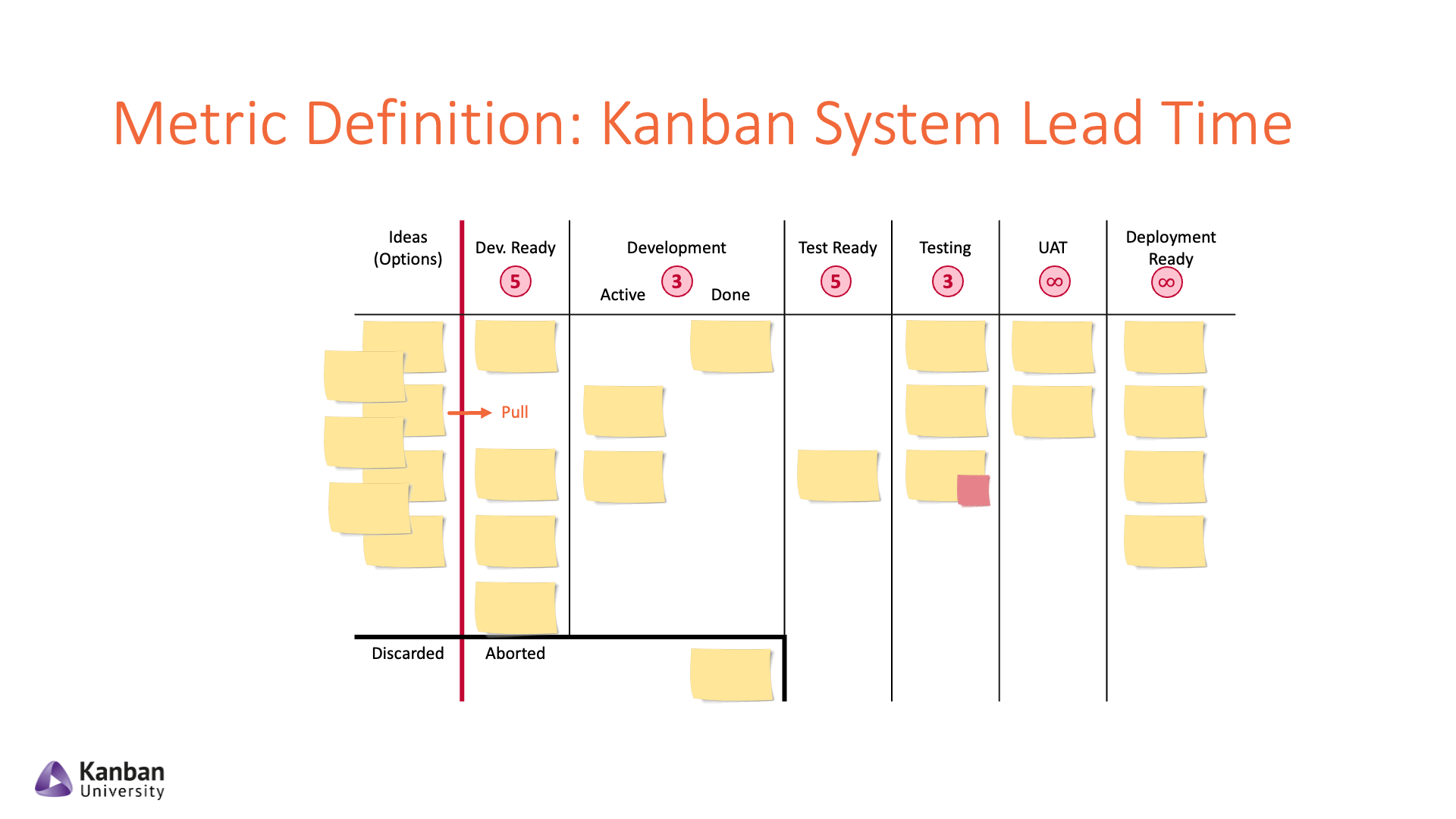
Measure What Matters
While we have provided the Kanban University definitions for Customer Lead Time and System Lead time, it’s worth noting that what really matters is the context of the system you are attempting to understand.
Like in the two coffee shop examples we provided above, the context of the system and what you are attempting to understand can be very different. As a result, you may choose to measure a range of lead time that differs form what we’ve defined as System Lead Time and Customer Lead time because that is more important to the context in which you operate.
We encourage you to measure what matters in terms of lead time so that you can lead your business in the right direction.

